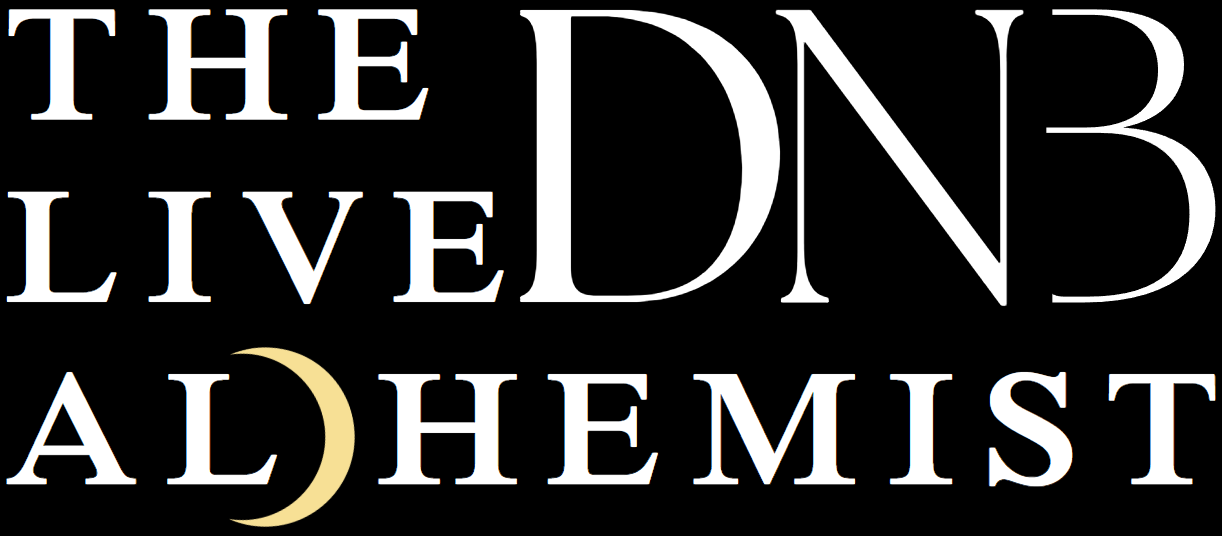One of my first blog posts.
I wanted to share this again for anybody listening. If you pay attention, the answers are always right in front of you.
How to Give A Full Apology (Without Sounding Like a Jerk)
Dalton Noah Bristow June 02, 2025
CLICK HERE FOR FREE APOLOGY SURVIVAL KIT
Preface
This post is part of a larger journey:
Project INVICTUS: Find Me Unafraid of Growing with My Child.
Why Invictus?
Because it means unconquered, and it’s borrowed from William Ernest Henley’s poem about resilience and self-mastery. And it is currently serving as the screen saver on my phone.
The poem ends:
“I am the master of my fate,
I am the captain of my soul.”
Henley wasn’t talking about never struggling, he was talking about staying unconquered where it matters most: inside.
That’s what this project stands for.
- First, child development isn’t just about the child, it shapes the future of society.
- Second, there’s no greater call to personal growth than becoming a parent.
- Third, parents will miss the mark, but only if they notice they’re holding the bow backwards.
This guide was built with a simple mission:
- To offer insight into what kids are learning at different stages.
- To give real, practical ways to reinforce good behavior, and what to do (and not do) when they miss the mark.
- To encourage self-reflection for anyone who wants to show up better, not just for their kids, but for themselves.
How to Give a Full Apology (Without Making It Weird)
Let’s be honest:
An apology shouldn’t feel like you're auditioning for an Oscar.
It’s not a performance. It’s a bridge, back to trust, connection, and not getting side-eyed across the dinner table.
But here’s where it gets tricky:
A lot of adult apologies are just ego in a trench coat.
🚩 Phrases to Avoid (Seriously, Just Don’t)
- “I’m sorry you feel that way.” (Translation: That sounds like a you problem.)
- “I’m sorry if…” (I’m not really sure I did anything wrong but okay.)
- “I’m sorry but…” (Here’s why it’s actually YOUR fault.)
- “I’m sorry you think I…” (Am I apologizing or gaslighting you? Both?)
These aren’t real apologies. They’re emotional dodgeballs.
🧭 Better Questions to Ask Yourself
- What are they really trying to tell me?
- What do they need to feel safe, seen, or just less mad about the broken LEGO tower?
✅ The 4-Step “No Ego” Apology Formula
Step 1: Own the Action
"I’m sorry I raised my voice when you were trying to explain."
Step 2: Acknowledge the Impact
"That probably made you feel unsafe or like your words didn’t matter."
Step 3: Commit to Doing Better
"Next time, I’m going to pause and listen before reacting."
Step 4: Reaffirm Care and Responsibility
"I care about you and I’m going to work on showing it better, not just say it."
⚖️ Golden Rule of Apologies
If you say “I felt” more than once,
congrats, your apology is now a diary entry.
Focus on them, not how uncomfortable you are.
🛡️ One Little Caveat
If your gut’s throwing a red flag, listen to it.
It’s your internal referee reminding you to keep it real.
Pro-Level Parenting Hack
If you can explain your apology with a you statement,
like:
“You were hurt when I said X.”
“You needed to know I had your back.”
you’re winning.
❗Important (and Slightly Painful) Notes
- Don’t make your apology a performance review. (“I said sorry, why aren't you clapping?” is not how trust works.)
- Don’t flood the room with guilt.
- Kids don’t want to carry your emotional baggage. They just want to know they can trust you.
You can be vulnerable without crumbling like a dollar-store cookie.
That’s the kind of strength they (And most people) actually look up to.
💬 But What If They Don’t Accept It?
That’s fine.
You’re not handing out coupons for instant forgiveness.
You’re showing up, consistently, patiently, one honest moment at a time.
🏗️ Why This Actually Matters
When you apologize well, you teach your child:
- How to fix relationships.
- That taking responsibility isn’t scary.
- That love includes accountability.
- That their voice matters, even if it’s small and squeaky.
When you do it badly, you accidentally teach them:
- To swallow hurt to keep others comfortable.
- That being right matters more than being real.
- That emotional safety is a maybe, not a promise.
Bottom Line
A real apology isn’t about being forgiven.
It’s about being someone worth trusting again, and again, and again.
A Personal Note
Soon, I’ll be getting Invictus tattooed, on my chest or forearm.
Not as a trophy. Not as a banner of perfection.
But as a reminder:
Stay open. Stay steady. Stay willing to grow, even when it’s uncomfortable.
For me.
For my child.
For the person I’m still becoming.
Unconquered. Always becoming.
With great admiration,


